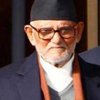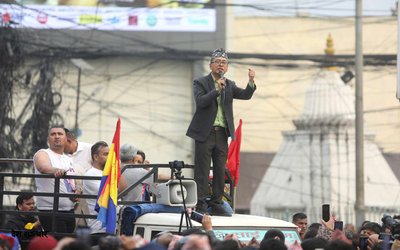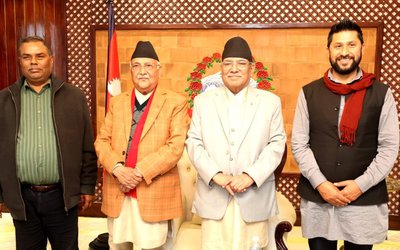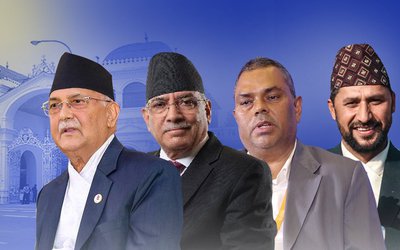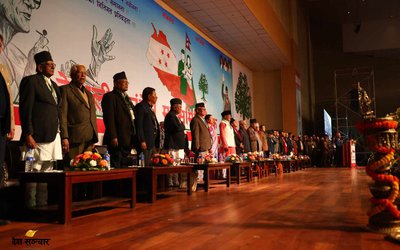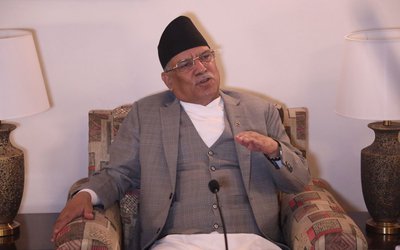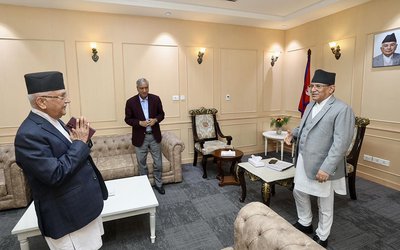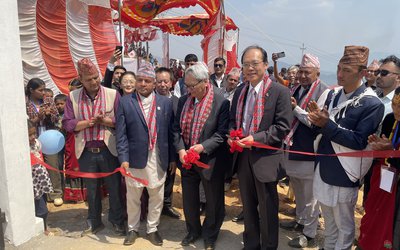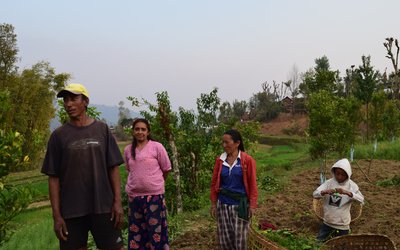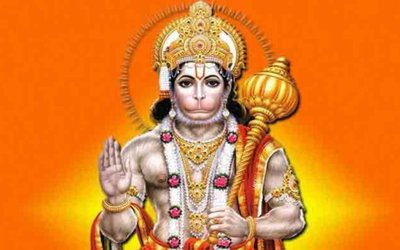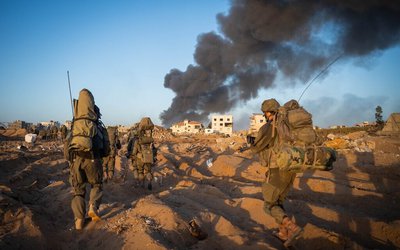The top priority of this government is to have a democratic constitution promulgated through the Constituent Assembly within a year. The Constituent Assembly has commenced its business in earnest, and necessary committees have been formed within the Assembly to expedite the constitution making process. The Government is engaged in fostering collaboration, cooperation and consensus among all stakeholders, and stands committed to extend all possible support in accomplishing this historic responsibility, and conclude the ongoing peace process.
In 2005, the peace process was conceived in the framework of democracy, human rights, and development to free the country, people and democracy from the politics of guns and deprivation. GP Koirala, leader of the 2006 People’s Movement then said and I quote, "Parties could have different principles, but they can stand together for national sovereignty, democracy, human rights, and to stop the ongoing bloodshed."
His leadership set a model for peaceful resolution of bloody armed conflict and made the historic transformation to republican order possible in a peaceful manner. Though we have not reached where we need to be today, our march to democratic pluralism remains irreversible. The march is guided by a fervent wish to institutionalize democracy that nobody can ever wrest under any pretext.
There have been important milestones set over the last nine years. The integration of qualified ex-combatants into the national army, and rehabilitation of the rest in society was unique of its own kind- thanks to the roles played and understanding shown to the gravity of the issue by all stakeholders.
In the direction towards concluding the peace process, the Legislature-Parliament has now passed a bill for the establishment of the Truth and Reconciliation Commission, and the Commission of Enquiry into Disappearances to address the needs of transitional justice. This legislation, passed after extensive consultations and deliberations at various levels among stakeholders, has not deviated from the international standards as some tend to suggest. The bill is fully reflective of Nepal’s obligations under international human rights law.
Nepal’s commitment to human rights is total and unflinching. It needs to be acknowledged that a country, which is at the bottom rung of the development ladder, has chosen to become party to almost all international human rights instruments, including seven core instruments andembracing a rights-based approach to development. In fact, Nepal has made significant advances in some areas, which have been recognized by the international community. This obligation emanates from our deep conviction and respect for human rights, for which we have fought whole of our life.
We greatly appreciate our neighbors, the United Nations and friends in the international community at large for their support to peace process and development endeavors. We also thank them for providing moral and material support that helped the conduct of CA elections last November in the most credible manner.
Recent years have witnessed the dispersal of geopolitical and economic power. We are happy to note that our great neighbors, India and China, remain the focus of the unprecedented transformation.
Our foreign policy priority begins with neighboring countries. We remain firmly committed to strengthen relations and widen areas of cooperation for mutual benefit. It has been our consistent policy not to allow Nepalese territory to be used to the detriment of legitimate security interests of our neighbors.
Nepal's proximity to two powerful ancient civilizations, two fastest growing economies and rising global powers gives it a great future ahead and vast opportunities to translate the rich potentials of hydropower, agriculture, tourism, and diversity in the trans-Himalayan region into concrete advantages for common benefit.
However, in the midst of protracted political transition, Nepal remains untouched by the economic dynamism of its neighbors. Keeping people at the center of governance, we need to develop economically, and build democratic institutions.
Located between two great powers of Asia, both developing rapidly, BP Koirala, the first elected Prime Minister of Nepal said andI quote, ‘‘Nepal cannot just stagnate, vegetate, and remain tucked away on the slopes of the Himalayas. We cannot just remain as a seventh century country. We have to develop. We must think in democratic terms.'
Based on pragmatism and ground realities, we wish to work closely with our neighbors for unlocking the dormant potentials for common benefit.
We will also remain focused and constructively engaged with our friends and development partners and all other countries to enhancing cooperation in mutually beneficial areas.
It is our expectation that our engagement with neighbors and other friendly countries will contribute to establishing peace, stability, democracy and prosperity in Nepal. We believe that a peaceful, stable and prosperous Nepal is also in the interest of regional as well as global peace and stability.
I am delighted to share with you that Nepal is making necessary preparations to host the 18th SAARC Summit later this year. We will also be hosting the 4th BIMSTEC Summit meeting in future. During our chairmanship of these two important regional organizations, we will make efforts to widen and deepen cooperation in agreed areas with a view to delivering concrete results on the ground.
Nepal has been contributing its troops to peacekeeping operations in the troubled parts of the world for the maintenance of international peace and security. As one of the largest contributors of peacekeepers, we have responded to the calls by the UN even in the most difficult of situations. Nepal has also been playing an active role in promoting global development agenda and working in the interests of poor and vulnerable countries in the United Nations and other multilateral forums.
Nepal stands at defining moment of its history. Time has come to realize democratic dividends for which we fought for decades. We do not have options but to make this country, a country of peace, stability, prosperity and dignity. A democratic constitution can alone ensure better future for all. The historic responsibility to promulgate a new constitution by the Constituent Assembly within a year must therefore succeed. As we stand firmly committed to this, we appeal for your continued goodwill, understanding and support in fulfilling this historic responsibility. Our success is also your success. Peace and stability in Nepal have a vital bearing in the stability, and security of our neighbors, region and the world at large.
- Peace, democracy and sustainable development are inextricably linked and mutually reinforcing: Prime Minister Sushil Koirala
- Sep 26, 2014
- India and China remains focus of Nepal
- May 08, 2014
- International Conference on Community Based Adaptation
- May 02, 2014
- BIMSTEC for regional prosperity
- Mar 05, 2014
- ‘Our primary focus is on neighbouring countries’
- Feb 15, 2014
